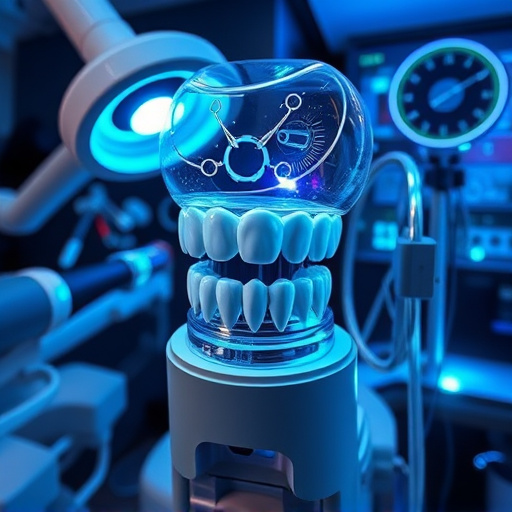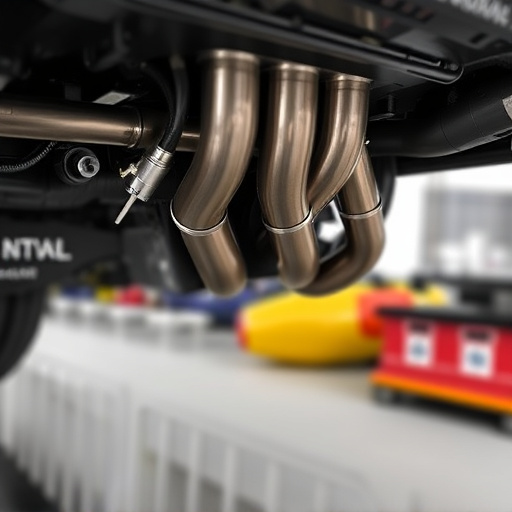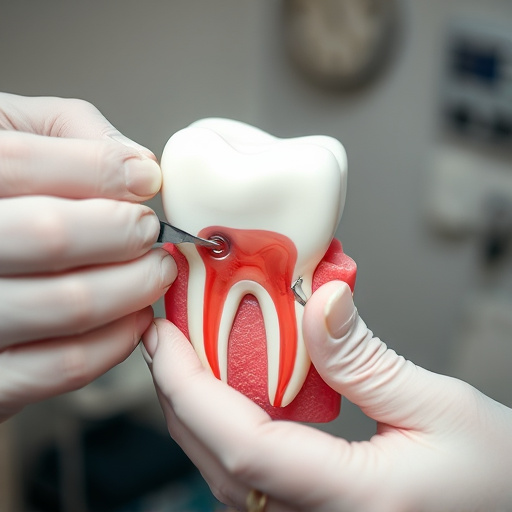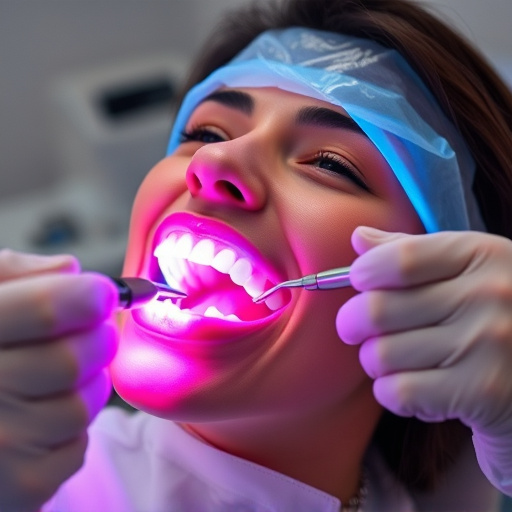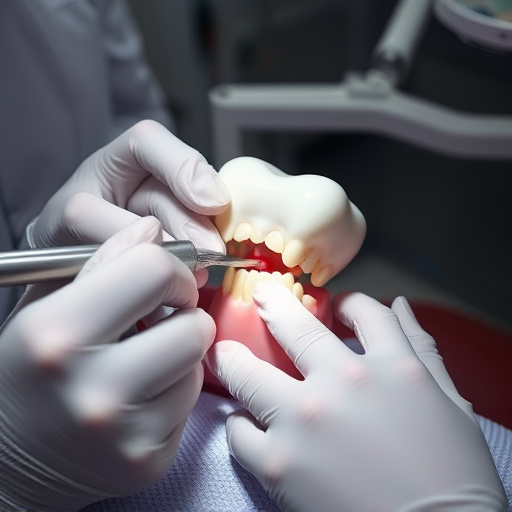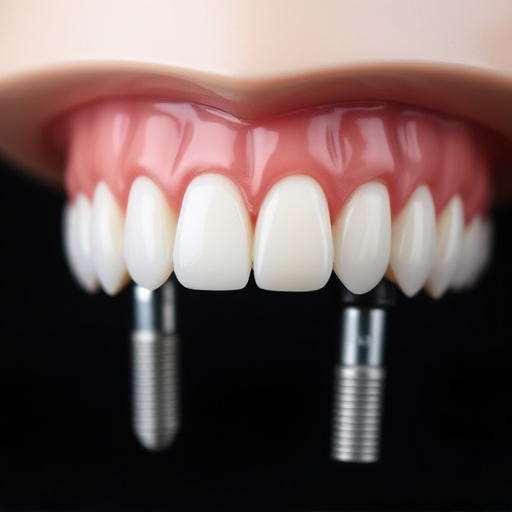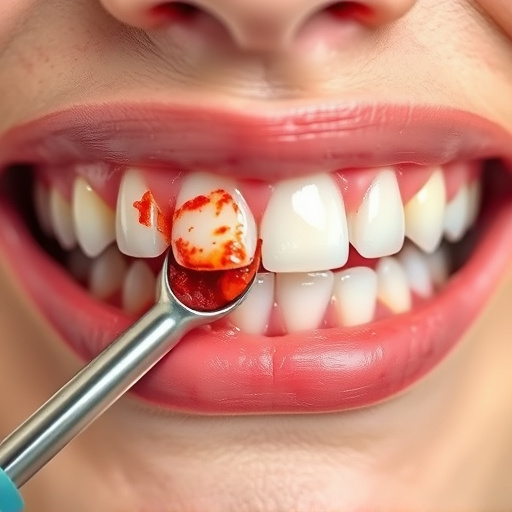Snoring, driven by upper airway issues during sleep, impacts health with ties to fatigue, cardiovascular disease, and cognitive problems. Recognizing these effects prompts consultation for snoring treatment options. Non-invasive methods like oral appliance therapy reposition the jaw, opening throat space. Severe cases may require surgical interventions such as turbinate reduction or jaw advancement after failure of conservative treatments.
Struggling with snoring? You’re not alone. Snoring affects millions, but luckily, advanced snoring treatment options are available from sleep experts. This guide explores both non-invasive methods and surgical interventions to tackle the root causes and provide lasting relief. From understanding snoring’s effects on your health to discovering innovative solutions, we empower you to reclaim restful nights and improve your overall well-being. Dive into our comprehensive overview of snoring treatment options today.
- Understanding Snoring Causes and Effects
- Exploring Non-Invasive Treatment Methods
- Advanced Surgical Interventions for Snoring Relief
Understanding Snoring Causes and Effects
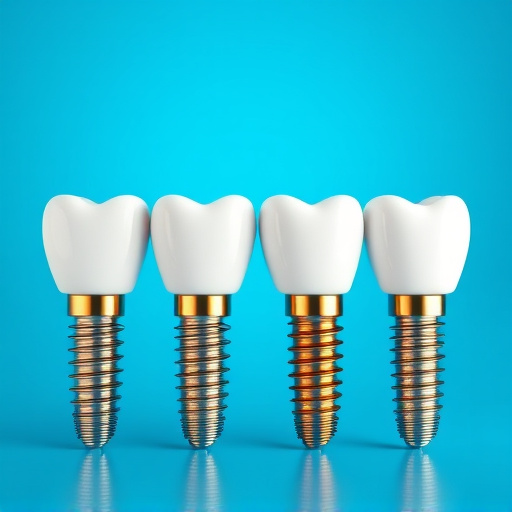
Snoring is a complex condition that arises from various factors affecting the upper airway during sleep. It’s more than just a noisy disturbance—it can have significant impacts on overall health and well-being. Understanding the causes of snoring is key to exploring effective snoring treatment options recommended by sleep experts. Narrowed airways, relaxed throat muscles, and irregular breathing patterns are primary contributors to this condition. Obstructive Sleep Apnea (OSA), for instance, occurs when the airway becomes completely blocked, leading to pauses in breathing that can last for seconds or even minutes.
The effects of snoring extend beyond mere noise pollution. Chronic snoring is linked to numerous health issues, including daytime fatigue, increased risk of cardiovascular disease, and cognitive impairment. Moreover, it can negatively impact relationships and quality of life. Recognizing these implications encourages individuals seeking snoring treatment options to consult with medical professionals. Proper diagnosis is crucial, as solutions may range from lifestyle changes, such as maintaining a healthy weight and avoiding certain sleep positions, to more advanced procedures like dental interventions (including teeth cleaning, tooth repair, or dental bonding) or even surgical options designed to improve airway patency.
Exploring Non-Invasive Treatment Methods
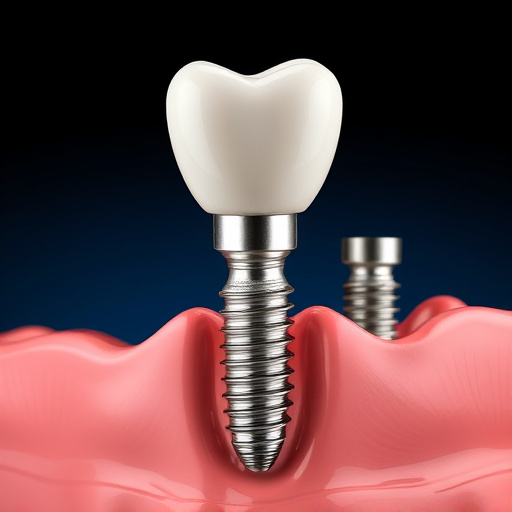
Snoring can be a disruptive sleep disorder that often requires professional intervention for effective management. While many people first consider surgical options, exploring non-invasive treatment methods is often a more conservative and safe approach to snoring relief. These treatments are designed to address the underlying causes of snoring rather than just providing a temporary fix.
One such method involves oral appliance therapy, where a custom-fitted mouth guard or mandibular advancement device is used to reposition the jaw during sleep, thereby increasing the space in the back of the throat and reducing vibration of the soft palate—the primary contributors to snoring sounds. This non-invasive procedure has gained significant popularity as an alternative to continuous positive airway pressure (CPAP) machines and even surgical interventions like wisdom tooth removal or general dentistry procedures focused on tooth extractions, offering a comfortable and effective solution for many snoring sufferers.
Advanced Surgical Interventions for Snoring Relief
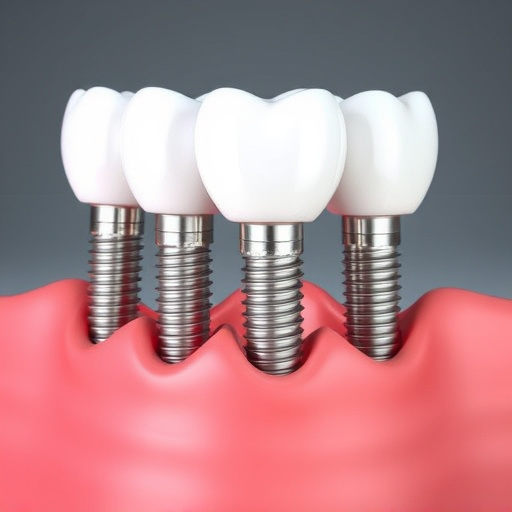
For individuals with severe snoring issues that impact their quality of life, advanced surgical interventions may be recommended by sleep experts as a snoring treatment option. These procedures are designed to address the underlying physical causes of snoring and offer long-term relief for those who haven’t found success with conservative methods. One common approach involves modifying the airway structure through surgeries like turbinate reduction or soft palate surgery, which can help open up blocked airways.
Another advanced surgical intervention is jaw advancement surgery, where a device is used to move the lower jaw forward, creating more space in the throat and reducing the vibration of tissues that contribute to snoring. While these procedures offer promising results, it’s crucial to understand they are typically considered when other treatments have been ineffective. As with any medical treatment, potential risks and benefits should be discussed with a healthcare provider who can guide patients through pre-operative dental cleanings, recommend appropriate dental crowns if needed, and ensure routine oral exams for continued care post-surgery.
Snoring can significantly impact quality of life, but with advanced snoring treatment options available from sleep experts, relief is within reach. By understanding the causes and effects, exploring non-invasive methods like oral appliances or CPAP therapy, or considering surgical interventions for persistent cases, individuals can find tailored solutions to silence their snoring and enjoy deeper, more restorative sleep. These innovative treatments offer hope for those who struggle with this common yet disruptive condition.





